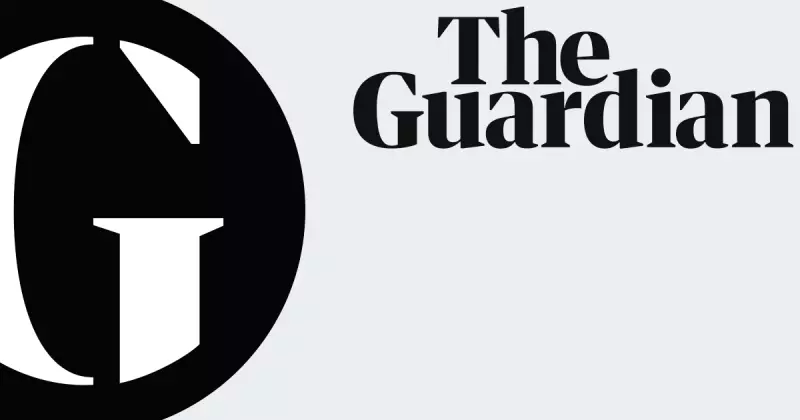
In a move that has sent shockwaves through the global artificial intelligence community, one of the field's most brilliant minds has turned his back on the United States. Professor Song-Chun Zhu, a luminary in computer vision and common-sense reasoning, has departed his prestigious post at the University of California, Los Angeles (UCLA) to resettle in China.
This isn't merely a career change; it's a significant moment in the escalating technological cold war between two superpowers. Zhu's defection represents a major coup for China's ambitious drive to become the world's unrivalled leader in AI by 2030.
The Architect of a New AI Vision
Professor Zhu was no ordinary academic. At UCLA, he led a groundbreaking lab that pushed the boundaries of how machines see and understand the world. His work focused on moving beyond simple pattern recognition towards embedding human-like common sense into AI—a holy grail for researchers.
His departure was swift and decisive. Colleagues were reportedly stunned when he announced he was leaving, with his entire lab—a cohort of brilliant PhD students and researchers—essentially going dormant overnight.
Geopolitics and the Global Talent War
Zhu's move is seen by many analysts as a direct consequence of the deepening fissures in US-China relations. An atmosphere of suspicion towards Chinese-born academics in the US, fueled by fears of espionage and the controversial China Initiative, has created a chilling effect.
For top-tier scientists like Zhu, the choice appears to have been framed as one between navigating an increasingly hostile environment or returning to a homeland rolling out the red carpet, offering vast resources and unparalleled support for his research ambitions.
What China Gains—And What America Loses
The implications are profound. China doesn't just gain a single scientist; it acquires a visionary who can accelerate its entire AI ecosystem. Zhu's expertise is precisely what is needed to bridge the gap between narrow AI applications and the adaptable, general intelligence that defines the future.
For the US, it's a stark warning. The loss of such a pivotal figure signals a potential reverse brain drain, where the very talent that built America's tech supremacy begins to flow the other way, taking decades of knowledge and innovation with them.
This story is more than a personnel change. It is a compelling narrative about loyalty, ambition, and the fierce battle for intellectual supremacy that will define the 21st century. The quest for AI dominance is not just fought with algorithms and data, but with policies and passports. And in this new world order, Song-Chun Zhu has chosen his side.





